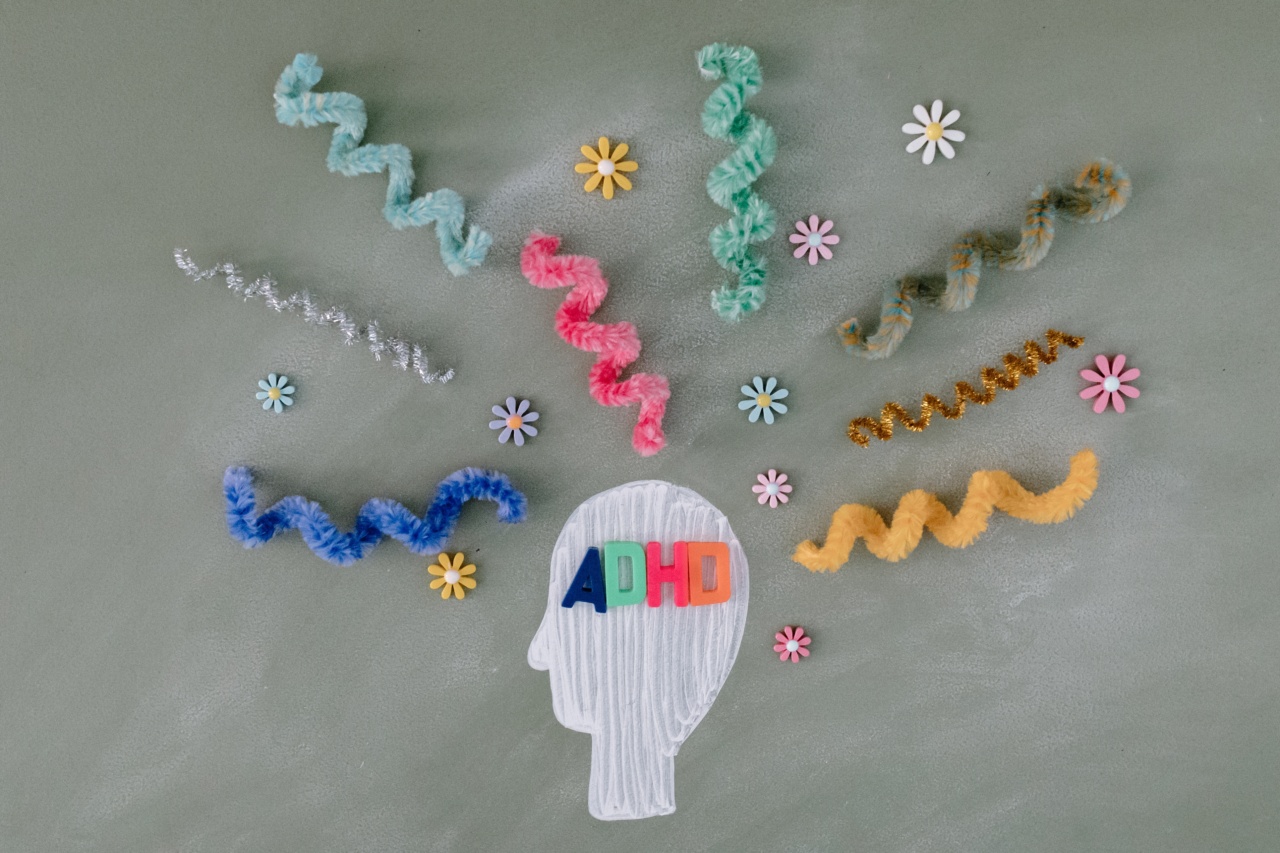Attention deficit hyperactivity disorder (ADHD) affects millions of children and adults around the world. It is a neurodevelopmental disorder that affects the ability to pay attention, control impulses, and reduce hyperactivity.
The exact cause of ADHD is unknown, but research has shown that premature birth is a significant risk factor. In this article, we will explore the connection between premature birth and ADHD.
What is ADHD?
ADHD is a complex neurodevelopmental disorder that affects millions of children and adults worldwide. The key symptoms of ADHD are inattention, hyperactivity, and impulsivity.
These symptoms can lead to difficulties in academic, occupational, and social settings. Inattention can lead to poor academic performance, impulsive behavior can lead to dangerous situations, and hyperactivity can lead to disruptive behavior and difficulty in social situations.
What Causes ADHD?
The exact cause of ADHD is unknown. However, it is believed that genetics, environmental factors, and brain development all play a role in the development of ADHD.
Studies have shown that children with ADHD have structural and functional differences in their brains compared to typically developing children. These differences affect the areas of the brain that control attention, impulsivity, and hyperactivity.
How is ADHD Diagnosed?
ADHD is typically diagnosed in childhood, but it can also be diagnosed in adults.
The diagnosis of ADHD involves a comprehensive assessment that includes medical history, physical examination, behavioral evaluation, and rating scales completed by parents, teachers, and the individual being evaluated. The evaluation is typically done by a psychologist, psychiatrist, or other mental health professional.
What are the Risk Factors for ADHD?
There are several risk factors for ADHD, including genetics, brain injury, and environmental factors. One significant risk factor is premature birth. Premature infants are those born before 37 weeks of gestation.
According to the World Health Organization, approximately 15 million babies are born prematurely every year worldwide.
Why are Premature Infants at Risk for ADHD?
There are several reasons why premature infants are at risk for ADHD. One possible explanation is that premature infants have underdeveloped brains. Brain development continues throughout pregnancy and into the early years of life.
Premature birth disrupts this critical period of brain development. The brain may not have enough time to develop fully, which can lead to structural and functional differences in the brain that contribute to ADHD.
Another possible explanation for the increased risk of ADHD in premature infants is that premature birth increases the likelihood of other risk factors associated with ADHD.
Premature infants are more likely to have low birth weights, respiratory distress, and other medical complications that can affect brain development and increase the risk of ADHD.
What Does Research Say?
Research has consistently shown that premature birth is a significant risk factor for ADHD. A study published in The Journal of Pediatrics found that premature infants were twice as likely to develop ADHD than their full-term counterparts.
Another study published in JAMA Pediatrics found that infants born before 37 weeks had a 2.5 times higher risk of developing ADHD than those born at term. A meta-analysis of 12 studies published in JAMA Network Open found that premature infants had a 79% increased risk of developing ADHD compared to term-born infants.
What Can be Done?
While there is no cure for ADHD, there are treatments available that can help manage symptoms. Treatment typically involves a combination of medication, therapy, and lifestyle changes.
Medications commonly used to treat ADHD include stimulants and non-stimulants. Therapy may include behavior therapy, cognitive-behavioral therapy, family therapy, and social skills training. Lifestyle changes, such as regular exercise, a healthy diet, and proper sleep, can also help manage symptoms.
From a prevention standpoint, reducing the number of premature births is an important step in reducing the risk of ADHD.
This can be achieved by improving prenatal care, reducing the number of elective inductions, and improving the management of maternal health conditions that can lead to premature birth, such as gestational diabetes and hypertension.
The Bottom Line
ADHD is a complex neurodevelopmental disorder that affects millions of children and adults worldwide.
Premature birth is a significant risk factor for ADHD, with premature infants having a higher likelihood of developing ADHD than their full-term counterparts. While there is no cure for ADHD, treatments are available that can help manage symptoms. From a prevention standpoint, reducing the number of premature births is an essential step in reducing the risk of ADHD.





























